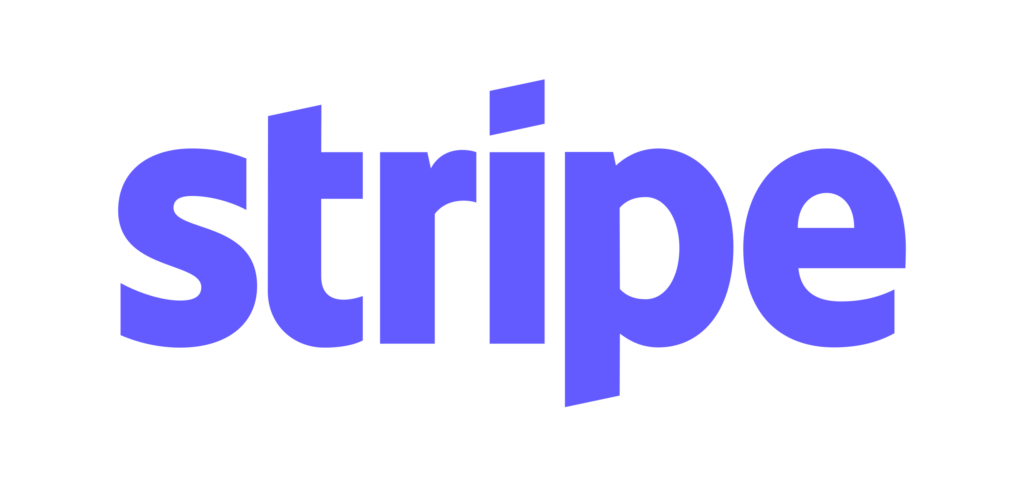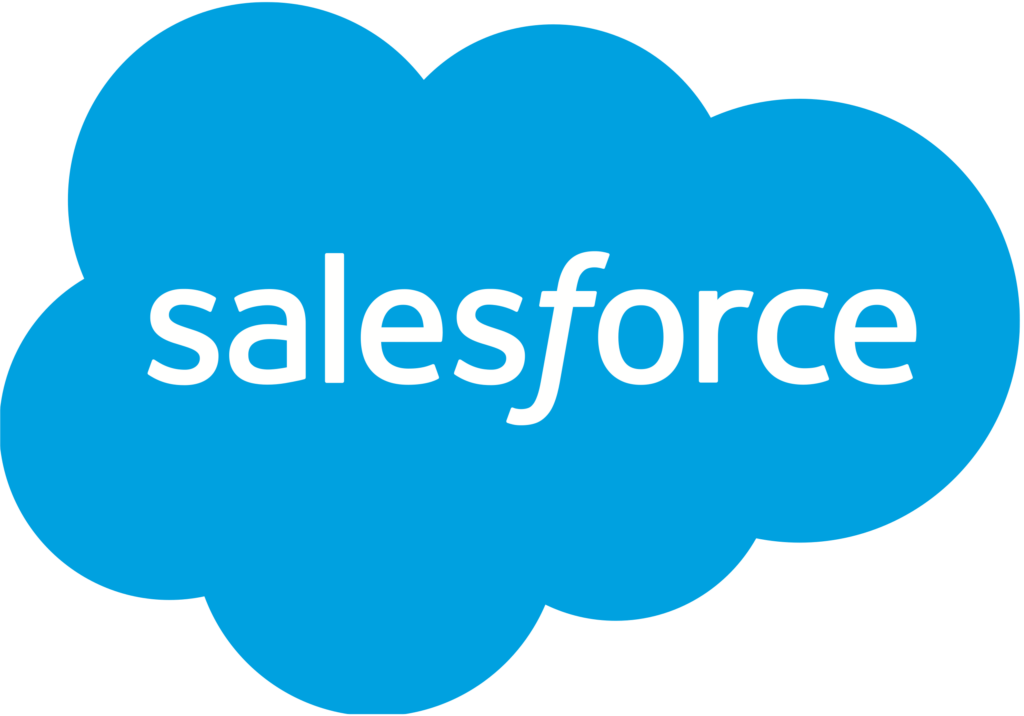Fintech Glossary from A to Z
To understand the terms of the Fintech world, Finance, Banking and startups.

All the terms for navigating the world of digital finance
To understand the world of digital financial services, it is necessary to know the emerging words and acronyms of the technology sector. For this reason, we have created an easy-to-follow glossary, with the goal of helping you understand the terms most in vogue and commonly used in the fintech world
There are currently 150 terms in this directory
Angel Investor
An angel investor (also known as a business angel, informal investor, angel funder, private investor, or seed investor) is an individual who provides funding capital to a new business, usually in exchange for a share in the company - often in the form of stocks or equity, convertible debt, or equity participation.
Anti-money laundering (AML)
The activities that banks and other financial institutions carry out to prevent the use of financial services for illegal activities such as money laundering are known as anti-money laundering (AML) measures.
API
The acronym for "Application Programming Interface," which is a set of tools and procedures for integrating different software applications with each other.
API Banking
API-based technologies that allow customers to access banking services through other applications are commonly referred to as Open Banking.
Authentication
The process of verifying the identity of a user is commonly referred to as identity verification or identity authentication.
Automated investment services
Automated investment services, such as robo-advisors, that use algorithms to create personalized portfolios are commonly referred to as digital investment platforms or digital wealth management services.
Bank license
To establish a bank, a legally recognized banking license is required. There are various preliminary requirements for obtaining a banking license, ranging from minimum capital requirements to an extensive business plan. These requirements vary depending on the jurisdiction in which the business operates.
Bank services
Products and services offered by banks, including current accounts, credit cards, loans, and investments.
Banking as a Service (BaaS)
The business model that allows third-party companies to offer banking services to their customers using existing banking infrastructure is commonly referred to as Banking-as-a-Service (BaaS).
Big data
The collection, processing, and analysis of large amounts of data to identify patterns and trends is commonly referred to as data mining or big data analytics.
Biometric authentication
The authentication process that uses unique biological characteristics, such as fingerprints or facial scanning, is commonly referred to as biometric authentication.
Blockchain
The technology that enables the creation of shared, secure, and immutable registers is commonly referred to as blockchain technology.
Blockchain technology
Decentralized digital registry that allows secure and transparent sharing of information and transactions.
Bootstrapping
The definition of Bootstrapping in the context of a business is to start a company with limited resources, without external investment. In this case, the entrepreneur relies on their own personal resources or profits generated by the company's activities to finance the development of the business.
Branchless banking
Banking services provided without the need for a physical branch are commonly referred to as digital or online banking services.
Business process automation (BPA)
The automation of business processes to improve efficiency and reduce costs is commonly referred to as business process automation.
Buy now pay later (BNPL)
The payment option that allows customers to purchase goods and pay later, often in installments, is commonly referred to as buy now, pay later or installment payments.
Cash management
The management of a company's cash flows is commonly referred to as cash flow management.
Challenger bank
A digital financial institution that challenges traditional banks by offering innovative and flexible services is commonly referred to as a digital bank or challenger bank.
Company governance
A set of rules, processes, and behaviors that guide the management and operation of banking and fintech companies.
Contactless payment
The payment system that allows for transactions to be made without physical contact with a credit card or phone is commonly referred to as contactless payment.
Credit scoring
The evaluation of an individual's or company's creditworthiness is commonly referred to as credit assessment or credit analysis.
Crypto
A cryptocurrency is a form of digital currency that uses cryptography to secure transactions and control the creation of new currency units. Cryptocurrencies operate on a decentralized network and use blockchain technology to maintain a public and immutable ledger of transactions. Some examples of cryptocurrencies include Bitcoin, Ethereum. Cryptocurrencies can be purchased, sold, and traded on various exchange platforms and used to purchase goods and services online or held as an investment.
Customer relationship management (CRM)
Customer Relationship Management (CRM) is the process of managing and analyzing interactions with customers and potential customers to improve business relationships, customer retention, and ultimately drive sales growth. It involves the use of technology and data to collect, manage, and analyze customer information across multiple channels, such as email, phone, social media, and in-person interactions. The goal of CRM is to provide a better understanding of customer needs and behaviors in order to improve the overall customer experience and drive business growth.
Data analytics
The practice of analyzing large amounts of data to identify patterns and trends useful for making informed decisions.
Decentralized Finance (DeFi)
A decentralized financial system that uses blockchain technologies to enable direct financial transactions between users, without the need for intermediaries.
DIgital Identity
A set of information that identifies an individual online, such as name, email address, and password.
Digital wallet
A mobile application that allows users to store, manage, and use their digital payment methods, such as credit cards, debit cards, and other accounts.
Distributed Ledger Technology (DLT)
A technology that uses a shared network of computers to store and manage financial transactions is called blockchain.
Due Diligence
Due diligence is an evaluation process that involves a thorough and systematic review of documents and information related to a business or transaction. In the financial context, due diligence is used to verify the validity of provided information and assess the risks associated with a proposed transaction before finalizing it with another party. The review may include analysis of financial data, assets and liabilities, future projections, as well as ongoing operations and contracts. Essentially, due diligence is a way to ensure the accuracy and reliability of information used to make financial decisions.
E-wallet
A mobile application that allows users to store and use their digital payment methods such as credit cards, debit cards, and other accounts.
Electronic funds transfer (EFT)
The transfer of funds from one bank account to another through an electronic system.
Enterprise Resource Planning (ERP)
An integrated software system that manages business processes, including financial, production, and human resource management.
Equity crowdfunding
Equity crowdfunding is a form of Alternative Finance that refers to investments made by a wide range of individual investors (crowdfunding) in startups and SMEs (Small and Medium Enterprises) in exchange for an ownership stake in the company (equity). This practice is enabled by online platforms.
Escrow
A third-party service that holds funds or assets during a transaction, until the conditions of the agreement are met, is called an "escrow service".
Exchange
An online platform where users can buy and sell cryptocurrencies or other digital currencies.
Fast payments
An instant payment system that allows for the transfer of money immediately, usually within a few seconds.
Fiat
Fiat currency is legal tender issued by a national government, such as the US dollar, euro, or British pound. This form of currency is recognized as legal tender within the borders of the issuing country and is accepted as a medium of exchange for commercial transactions. Fiat currency is not backed by any tangible asset such as gold, and its value is determined by the market and the monetary policies of the issuing country. Most financial activities such as investments, loans, and commercial transactions are based on the use of fiat currency.
Financial Inclusion
The process of providing access to financial services to individuals and communities who have traditionally been excluded from the banking system.
FinTech
A combination of "finance" and "technology", referring to the use of digital technologies to provide innovative financial services.
Forex Trading
The process of buying and selling currencies in global financial markets is known as foreign exchange trading, or forex trading for short.
Fraud Detection
The process of identifying and preventing financial fraud using data analysis and machine learning techniques.
Gazelle company
According to the original technical definition, a "gazelle company" is a high-growth company that has increased its revenue by at least 20% per year for four or more years, starting from a revenue base of at least $100,000.
Global positioning system (GPS)
A satellite navigation system used to provide location information to mobile payment services. GPS tracking is a reliable way to monitor an individual's movements because, since most people carry their phone with them at all times, precise data can be obtained that can be useful in fraud prevention.
Green finance
Funding activities for projects and initiatives related to environmental sustainability.
Hardware wallet
A physical encrypted storage device used to protect cryptocurrencies is called a hardware wallet.
High-frequency trading (HFT)
High-speed automated trading strategy that uses complex algorithms to execute orders in milliseconds.
Host card emulation (HCE)
Technology that allows mobile devices to emulate traditional payment cards.
Hybrid robo-advisor
Automated financial advisory service that combines human expertise with automation.
Incubator
An incubator is an organization that supports the development of early-stage businesses through various stages of growth until the company has the necessary financial, human, and physical resources to operate independently. The incubator may provide services such as workspace, mentorship, financial support, and access to networks of potential investors and customers. The main goal of the incubator is to help startups overcome initial challenges and increase their chances of success.
Inflation taregeting
Monetary policy that aims to regulate inflation as the primary objective of the central bank.
Initial coin offering (ICO)
The fundraising mechanism used by blockchain startups to issue new cryptocurrencies is called an Initial Coin Offering (ICO).
Insurtech
Innovative technologies used to improve the efficiency and convenience of the insurance industry.
Internet of things (IoT)
Connection of physical objects to the internet, which can be used for financial transactions, is known as the Internet of Things (IoT).
Invoice trading
Invoice trading is the activity of selling commercial invoices on a digital marketplace platform that facilitates the operational and contractual interaction between companies (sellers or assignors) and various types of investors (buyers or assignees) who are typically independent from the banking sector.
KYC (Know Your Customer)
The process of verifying the identity of customers by financial institutions is called Know Your Customer (KYC).
Lending club
An online peer-to-peer lending platform that allows investors to fund loans for individuals or businesses.
Life insurance
Life insurance that provides financial protection to the beneficiaries in the event of the insured person's death.
Liquidity risk
Risk associated with insufficient liquidity to meet the financing needs of the company.
Microfinance
Financial service that provides low-cost loans and other financial services to small businesses and low-income individuals.
Micropayments
Micropayments are financial transactions that typically involve a very small amount of money. They usually occur online and, depending on the provider, are defined as transactions below €10. Micropayments are becoming increasingly common, with most businesses and websites now accepting them.
Mobile app
A downloadable application on mobile devices such as smartphones and tablets. AI - Acronym for Artificial Intelligence, which is artificial intelligence used to automate complex processes and activities.
Mobile banking
Online banking service that allows customers to perform banking transactions through mobile devices.
Money market
Short-term financial market in which highly liquid and low-risk financial assets are traded.
Mutual fund
Mutual fund that collects money from many investors to invest it in a diversified portfolio of securities.
MVP (Minimum Viable Product)
MVP (Minimum Viable Product) è la fase iniziale dello sviluppo di un prodotto, in cui viene rilasciato con le funzioni essenziali per soddisfare i primi utenti e permettere loro di fornire feedback e test per la successiva fase di sviluppo del prodotto o servizio. È un tentativo di ridurre il tempo impiegato nello sviluppo di tecnologie prima del rilascio, operando invece in modo snello e dinamico.
National payment system
National payment system used by central banks to process payment transactions.
Near-field communication (NFC)
Technology that enables wireless communication between devices at short distances, used for mobile payments.
Negative interest rate
Negative interest rate imposed by central banks to encourage spending and investment.
Net asset value (NAV)
Total market value of the assets of a mutual fund, divided by the number of shares in circulation.
Non-fungible token (NFT)
"Unique digital token used to represent digital assets such as artwork or virtual goods.
Non-performing loan (NPL)
Defaulted loan in which the borrower is unable to repay the debt according to the agreed conditions.
Offshore banking
Practice of opening bank accounts in foreign countries to avoid local tax restrictions and regulations.
Omni-channel banking
Banking service strategy that provides a consistent service experience across multiple channels.
Open API
Application programming interface that allows different applications to communicate with each other.
Open banking technology
The technology that allows users to access their financial data from various sources, including banks, through API.
Overdraft
Loan granted by the bank in which the customer's account can be in deficit up to a certain limit.
Payment gateway
A platform that enables businesses to receive online payments from customers through various payment methods.
Peer-to-peer (P2P) lending
Form of lending that involves the use of online platforms that directly connect borrowers with investors.
Personal loan
Loan that an individual requests from a bank or financial institution for personal purposes.
PSD2
PSD2 (Payment Service Directive) is the second directive on online payment services, which came into effect in the European Union on January 13, 2016. After a long period of adoption by member states, the directive was implemented on September 14, 2019.
Qualified investor
An investor who meets certain legal requirements to invest in high-end financial instruments.
Quality of service (QoS)
Measure of the quality of service provided to customers by financial institutions.
Quantitative easing
Monetary policy in which the central bank purchases large quantities of government securities to increase market liquidity.
Risks management
The process of identifying, analyzing, and mitigating financial risks associated with banking and fintech activities.
Robo-advisor
Online platform that uses artificial intelligence to offer automated financial advisory services.
Round Investimento Serie A
When a startup has developed a track record of steady revenue, an established user base, and other performance indicators, it may decide to opt for a Series A financing. Series A financing is the first round of funding after the initial investment stage, in which the entrepreneur has developed a business model that will generate long-term profit. As it is the first round of funding, it is usually the first time that ownership of a company is offered to outside investors.
Round investimento serie B
The Series B funding round is used to take a startup beyond the business development stage, towards a market expansion phase. Typically, Series B funding is used to grow the company to meet demand levels by acquiring new personnel, processes, and platforms.
SaaS
Software as a Service (SaaS) is a cloud-based technology that uses the internet to deliver a proprietary application, managed and developed by an external party. Typically run on a subscription basis, the software is usually not installed on the user's device.
Smart contract
An electronic protocol that facilitates, verifies, and enforces the negotiation or execution of a contract.
Social trading
The technology that enables traders to share information and trading strategies through an online platform.
Tokenization
The process of converting an asset into a digital token that can be used on a blockchain.
Tokje non-fingible
Unique digital token that represents a digital asset such as a work of art or a video.
Trustless
System in which the parties involved in a transaction do not have to trust each other because the transaction is guaranteed by blockchain technology.
Ventur capital
Funding provided to startups in the development stage by private investors or venture capital firms.
Venture capital (VC)
Venture capital (VC) is an infusion of money provided to start-ups and small businesses that appear to have high growth potential. Venture capital usually comes from investors, investment banks or other financial institutions in exchange for a stake in the company.
Virtual banking
Online banking services that allow customers to manage their checking accounts without visiting a physical branch.
Web banking
Online banking services that allow customers to manage their checking accounts through a Web browser.
White-label banking
Banking services offered by one financial company to another company that presents them as its own.
XVA
Assessing the value of financial instruments based on their implications for market, credit, and liquidity risks.
Yield curve
Graph showing the relationship between interest rates and the maturity of debt securities.
Zero coupon bond
Debt security that does not pay periodic interest but is sold at a discount to par value.
Zero-Based Budgeting
Financial planning process in which each expenditure is justified and authorized separately.
Siamo partner tecnologici di:






We can help you improve your numbers
We can help you improve your numbers
Companies who prioritize user experience practices can increase their Key Performance Indicators up to 83%
9,900% Return of Investment
Research from Forrester evidenced that for every dollar invested in UX, companies would obtain 100 dollars in return
Our numbers in a nutshell

+
0
Transactions

+
0
Money transactions

+
0
Account

+
0
Years of experience
What our clients say:
“We provide modular microservice solutions with the best frameworks in the market to guarantee complete scalability for your platform. Enjoy an optimized mix of SaaS API and coding that remains your property.”

“We provide modular microservice solutions with the best frameworks in the market to guarantee complete scalability for your platform. Enjoy an optimized mix of SaaS API and coding that remains your property.”

“We provide modular microservice solutions with the best frameworks in the market to guarantee complete scalability for your platform. Enjoy an optimized mix of SaaS API and coding that remains your property.”

Let’s embed finance together!
Let us know your ideas and needs and we will be in touch shortly
